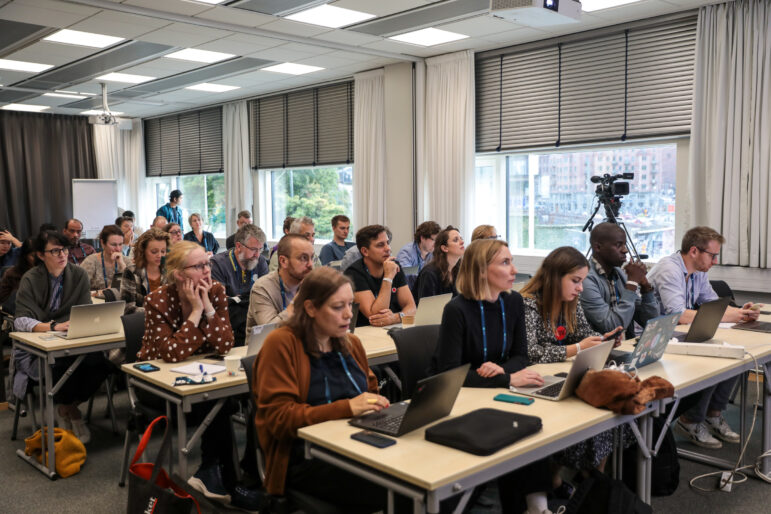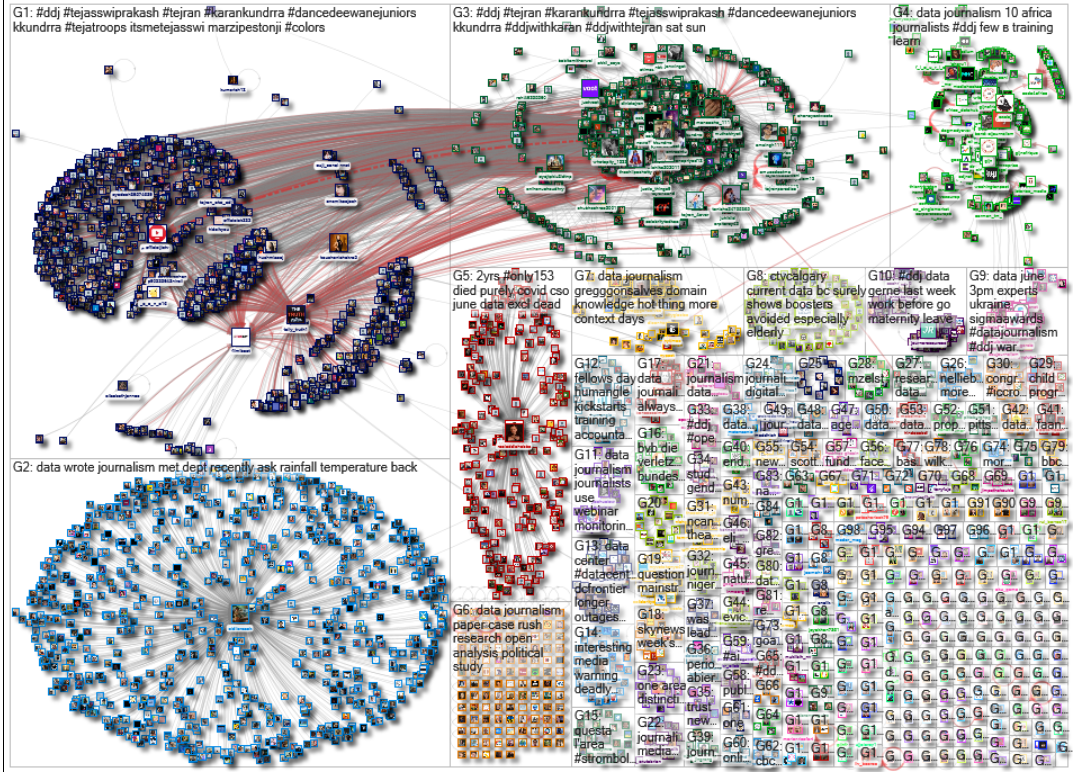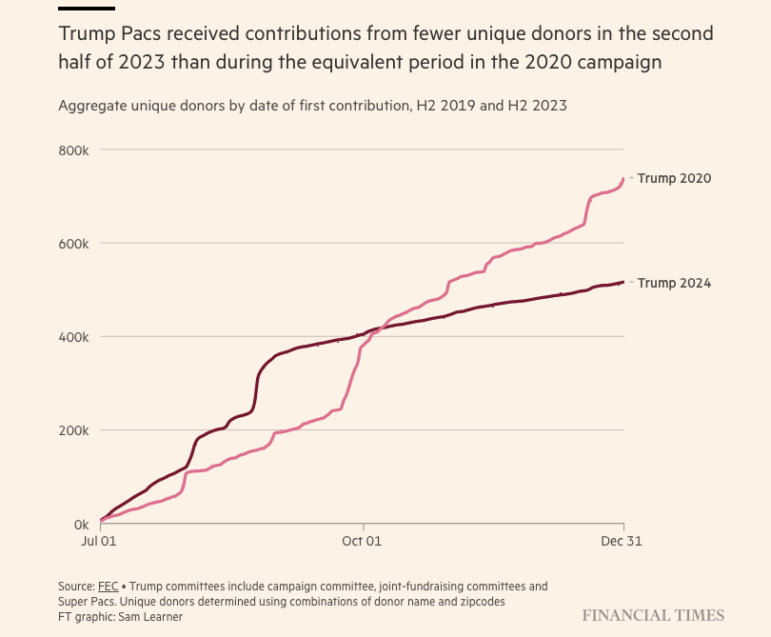

Data Journalism Top 10: Black Sea Blockade, Yemen Airstrikes, Hong Kong Shoebox Housing, Space Garbage
Read this article in
This week, The Guardian mapped the potential effects of the Russian Navy’s Black Sea blockade on the global food crisis, while The Washington Post revealed US support of airstrikes in Yemen. Our weekly NodeXL and human curation of the most popular data journalism stories on Twitter also features visualizations conveying the struggle of people living in cage-like units in Hong Kong, German fights to control water, inequalities in Belgium, and the growing problem of space garbage orbiting Earth.
Mapping the Black Sea Blockade’s Impact
Much of Ukraine’s supply of wheat for export is stuck in warehouses due to Russia’s invasion and blockade of Ukraine’s ports in the Black Sea. The Guardian mapped the impact and potential consequences of the blockade on the food supply across the Middle East and Africa. The story warned that Syria, Lebanon, and Yemen are most at-risk for food insecurity as a result of the shipping disruptions. The journalists also looked at the difficulties of sourcing wheat from alternative suppliers.
US-backed, Saudi-Led War Crimes in Yemen
Thousands of civilians have died from Saudi-led coalition airstrikes in Yemen since the war began nearly eight years ago, according to monitoring group ACLED. New analysis by The Washington Post and Security Force Monitor (SFM) now reveals US complicity in the Saudi air campaign. The Post reported that a substantial portion of the air raids were carried out by jets developed, maintained, and sold by US companies, and the jets were flown by pilots trained by the US military. The journalists’ findings were based on a review of more than 900 publicly available weapons and equipment sales announcements, as well as over 1,500 videos, photos, and public statements by the US Department of Defense and its coalition members. Readers can access a full database of airstrike and support squadrons that could have served in Yemen — with their US connections.
Life in Hong Kong’s Shoebox Housing
Although the housing crisis in Hong Kong is not new, the problem is getting worse. Using charts and illustrations, Hong Kong’s South China Morning Post conveyed the struggle of people living in the city’s shoebox housing and cage-like rooms. The average wait time for public rental housing is 6.1 years, with as many as 150,000 applicants in the queue. As a result, many of the city’s working poor have no choice but to live in subdivided units while they wait. This story shows how some of the city’s poorest residents live in units similar to a prison cell. Many of these units are roughly 50 square feet — half the size of a standard parking space. That’s close to the personal space prisoners receive in shared dormitories, and even smaller than the 75 square feet that maximum security prisoners typically get.
Fights Over Water Rights in Germany
Many believe Germany has escaped the growing water shortages plaguing other countries due to climate change. They’re wrong, according to an analysis by GIJN member CORRECTIV. Journalists discovered that German authorities, agriculture businesses, and manufacturing industries are increasingly arguing over water control in court. The team evaluated around 350 cases of water disputes listed in the legal database Juris, which collects all judgments made available by German courts. The data shows a clear trend: judicial conflicts over water have increased in 11 of 16 federal states over the past 10 years when compared to the previous decade.
https://twitter.com/katahuth/status/1536593662527799297?s=20&t=0uMOPgiq9aB4Iu1giu_qXw
Understanding Inequality in Brussels
Belgian investigative journalism cooperative Médor used open data to analyze how, why, and to what extent inequality in Brussels directly affects the physical, mental, and social health of the population. This survey data-based project titled Bruxelles Malade (Brussels Malady or Sick Brussels) shows which neighborhoods are most precarious for residents. This piece demonstrates the importance of analyzing socio-economic data to understand a nation’s health inequality. Find the raw data here.
Dangers of Space Debris
The Financial Times’s visual storytelling team explains in a scrollytelling piece how the increase in orbital debris poses risks for future space missions and modern technology. According to NASA, there are nearly 10,000 tons of debris encircling the Earth. A collision between any of these objects, which travel around the earth at speeds of approximately 25,000 kilometers an hour (15,500 miles per hour), could be catastrophic, generating hundreds or thousands more pieces of debris. Check out the Nature publication The Case for Space Environmentalism for further reading.
How Common Is Divorce in the US?
Statistician Nathan Yau’s recent data story sought to answer the question: how common is it for someone to get divorced in the US? Yau analyzed five years of American Community Survey data from 2016 to 2020 and found out that divorce is quite common across the age cohorts, though teenage marriages were significantly more volatile. Also, see his previous analyses on divorce in America.
https://twitter.com/flowingdata/status/1534205541722910720?s=20&t=A_gk1DPMBMYf5CkujayyMg
How Did Your Deputy Vote?
French radio network Franceinfo Plus created an interactive tool for readers to find out whether their local member of the legislature voted for or against 10 key laws that President Emmanuel Macron passed during the previous five years. The laws identified by the journalists range from establishing a vaccination pass to the re-authorization of “bee killer” insecticides banned in 2018. Enter your address or the name of your representative to see the breakdown of how they voted on the 10 laws.
https://twitter.com/franceinfoplus/status/1536664747726077953?s=20&t=l0mnnSYOWa4vboWTawRtEQ
Patient Rights in the Shadow of War
Exiled Russian investigative site iStories explores the vast ripple effects of Russia’s invasion of Ukraine on its country’s patients awaiting medical treatment. The newsroom shows how patients’ rights are overshadowed by war. Companies have stopped supplying Russia with raw materials from which medicines are made, new drug trials have been halted, the supply chain for manufactured medicine has been disrupted, drug prices are rising, and the country faces a real possibility of a drop in quality of medical care and the accelerated deaths of blood cancer patients.
First Edition of Nightingale Magazine
The Data Visualization Society launched the first issue of its Nightingale Magazine, as part of a bid to preserve data visualization creations offline and acknowledge each other’s work in a lasting way. The inaugural issue includes behind-the-scenes stories, interviews, reviews, and dataviz activities for kids. Although digitalization and technology have given a huge boost to data visualization, print publications are still an important learning tool.
Thanks again to Marc Smith and Harald Meier of Connected Action for gathering the links and graphing them. The Top Ten #ddj list is curated weekly.
 Pınar Dağ is a lecturer in the new media department of Turkey’s Kadir Has University, and specializes in data literacy, open data, data visualization, and data journalism. She is co-founder of the Data Literacy Association, Data Journalism Platform Turkey, and DağMedya.
Pınar Dağ is a lecturer in the new media department of Turkey’s Kadir Has University, and specializes in data literacy, open data, data visualization, and data journalism. She is co-founder of the Data Literacy Association, Data Journalism Platform Turkey, and DağMedya.









